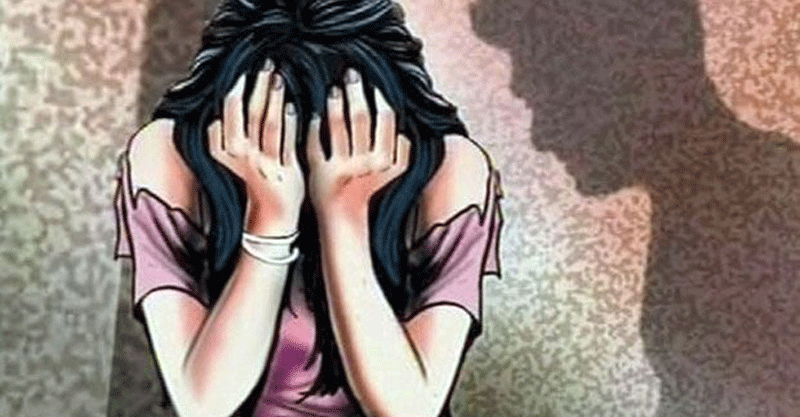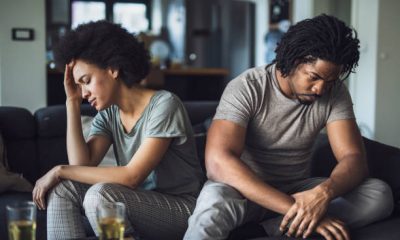Life & Style
There is life after rape
Inside the Beehive
Rape may sound like a house hold term to anyone but victims of rape have an in-depth perspective about rape.
Rape is a crime of power, horrifying emotions that humans are capable of.
Actually terror, shock, unbearable pain, overwhelming helplessness, and vulnerability are just some of the feelings you may experience. These are powerful feelings that don’t just go away. Instead they affect every area of your life.
Victims of rape usually feel completely unsupported by their mates, who may not understand why it is taking so long for someone to get back on track. Partners may have many issues of their own that prevent them from being supportive; such as deeply held beliefs that you may have attracted sexual attention from another, guilt over not having been there to protect you, and just a general sense of not understanding your pain and your healing journey.
As a rape victim you shouldn’t feel guilty or foolish if you feel emotionally disconnected from your partner or unhappy in the bedroom. It doesn’t mean that you don’t love your partner or that you are no longer a sexual being. Consider it a period of healing and growth in which you need to take things slow. You should be aware of some of the common fears and concerns that can haunt many victims of sexual assault.
The first thing you should do as a victim is to seek medical attention – even if you do not want to take the assault to the police, you must be seen by a doctor to receive care for any injuries and to be tested (and receive treatment) for any sexually transmitted infections. Many victims choose to keep it to themselves to the point that they don’t even seek medical attention. This is dangerous.
Always remember that you are not alone. One out of every six women and one out of every 33 men have been the victims of a rape. Remind yourself that every person responds differently to a rape or sexual assault and that all feelings, ranging from depression, to humiliation, to fear, to confusion, to anger, to numbness, to guilt, to shame. All of these feelings, however unpleasant, are normal.
Self-blame is common among rape victims. Rape victims tend to feel as though they are somehow responsible for the rape. It’s not true – the only person responsible for the sexual assault is the person who committed the rape.
If you are the partner of the victim, listen to your partner. He or she may try to go over and over the assault, replaying it in his or her mind. Listen without judgment as often as your friend would like. Assure your loved one that he or she is not to blame for the rape. Expect to do this often as your loved one tries to work out why he or she was the victim of sexual assault.
Comments



















